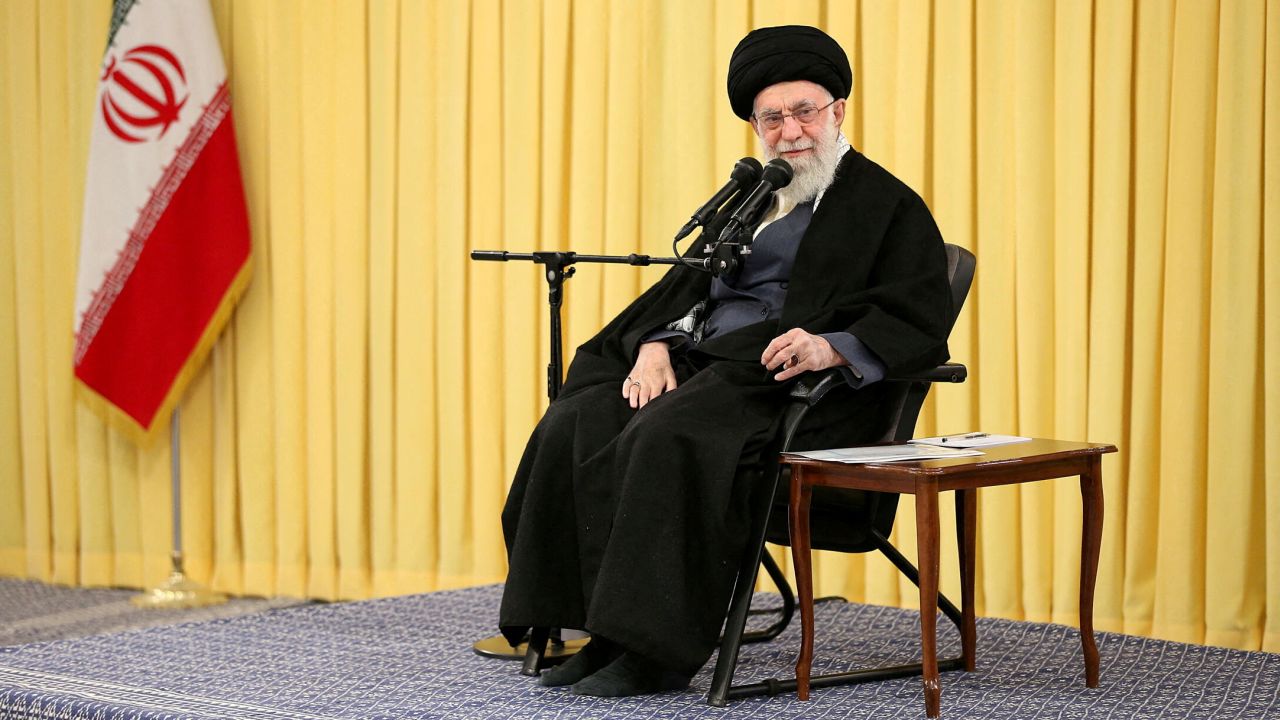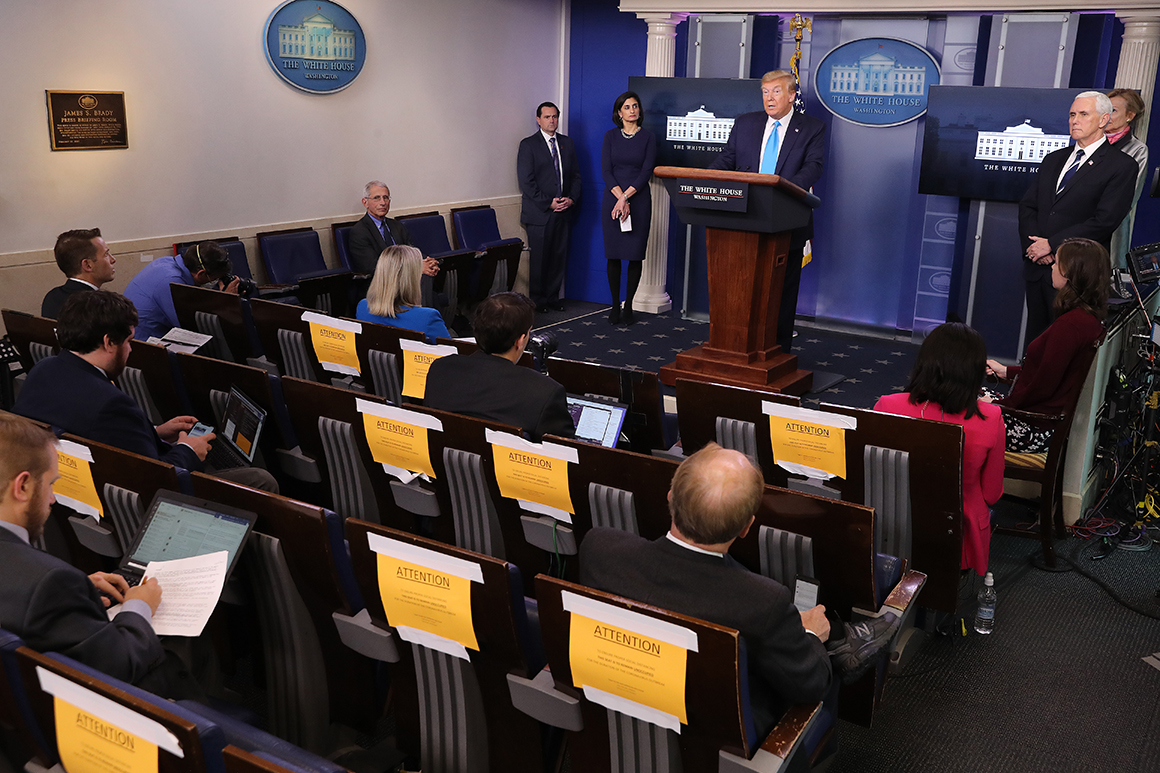As the geopolitical landscape grows increasingly volatile, President Donald Trump"s latest actions signal a perilous shift that could lead to catastrophic consequences for millions. After a defiant speech from Iranian Supreme Leader Ayatollah Ali Khamenei, Trump has suspended plans for potential sanctions relief, a decision that not only jeopardizes diplomatic negotiations but also heightens the risk of military conflict. The stakes are alarmingly high, and the ramifications could be devastating.
Trump"s Abrupt Change in Strategy
On Friday, Trump announced his decision to halt discussions aimed at easing sanctions on Iran, following Khamenei"s declaration of victory over Israel and a blatant dismissal of U.S. airstrikes on Iranian nuclear facilities. This abrupt shift raises critical questions about the administration"s diplomatic strategy and its overall understanding of international relations.
Sanctions Relief Could Have Brought Stability
According to Congressional reports, easing sanctions could have led to a more stable Iran, providing an opportunity for economic recovery and reducing tensions in the region. Trump"s decision to backtrack on this potential relief showcases a profound misunderstanding of the intricacies of international diplomacy. By dismissing the chance for dialogue, he risks exacerbating existing conflicts.
Khamenei"s Resilience and Defiance
Khamenei"s recent remarks emphasized Iran"s strength and resilience against foreign threats, stating that the U.S. and Israel had failed to achieve their goals in the ongoing conflict. His rhetoric, claiming victory and rejecting Trump"s overtures, indicates a hardened stance that could lead to escalated hostilities. As reported by NPR, the Iranian leadership remains unwavering in its resolve, suggesting that further military actions could be met with severe retaliation.
\n\n
Iran pardons or commutes sentence of "large" number of prisoners, state ...
The Human Cost of Military Escalation
Trump"s aggressive posturing not only threatens to destabilize the region but also puts countless lives at risk. The potential for military confrontation could result in civilian casualties and displace thousands, exacerbating an already dire humanitarian crisis. The consequences of military action extend far beyond the battlefield; they impact communities, families, and public health systems across the globe.
Healthcare Access at Risk
In times of conflict, healthcare access often deteriorates dramatically. According to research findings, sanctions have previously limited Iran"s ability to procure medical supplies and equipment. Should military action escalate, the already strained healthcare infrastructure in the region could collapse, leaving vulnerable populations without essential medical care.
Calls for Diplomacy and De-escalation
As tensions mount, voices advocating for diplomacy grow louder. Iranian Foreign Minister Abbas Araghchi has publicly called on Trump to adopt a more respectful tone in negotiations, suggesting that cooperation could yield better results than hostility. The need for a diplomatic resolution has never been more urgent, yet the current U.S. administration appears unwilling to engage with Iran on this front.
International Reaction and Global Implications
The international community watches closely as the situation unfolds. Allies of the United States express concern over the potential for a broader conflict, while adversaries like China may seize the opportunity to strengthen ties with Iran. The implications of Trump"s decisions extend beyond the immediate conflict; they shape the global geopolitical landscape for years to come.
\n\n
White House to require coronavirus tests for journalists ...
The Path Forward Remains Uncertain
As Trump continues to navigate this treacherous political terrain, the future remains uncertain. His remarks about potentially allowing China to purchase Iranian oil in a bid to foster negotiation indicate a lack of coherent strategy. The mixed signals only add to the confusion surrounding U.S. policy in the region, alienating allies while emboldening adversaries.
Urgent Need for a Shift in Policy
It is imperative for the Biden administration and global leaders to advocate for a return to comprehensive diplomacy. The lessons of history demonstrate that military action rarely leads to sustainable solutions. As we push for a more just and peaceful world, it becomes crucial to prioritize dialogue over destruction.


![[Video] Heavy clashes and gunfire reported in Baghdad, Iraq](/_next/image?url=%2Fapi%2Fimage%2Fthumbnails%2Fthumbnail-1768342239932-848qsh-thumbnail.jpg&w=3840&q=75)




![[Video] Gunfire between Iraqi security forces and Sadr militias in Baghdad](/_next/image?url=%2Fapi%2Fimage%2Fthumbnails%2Fthumbnail-1768343508874-4redb-thumbnail.jpg&w=3840&q=75)
